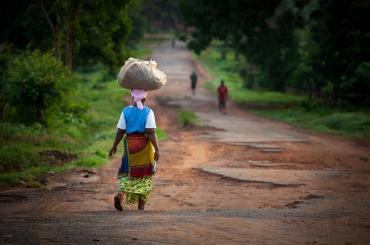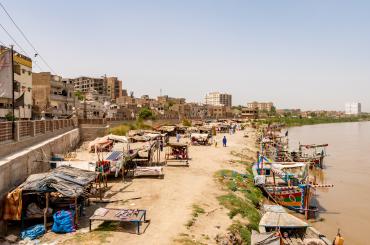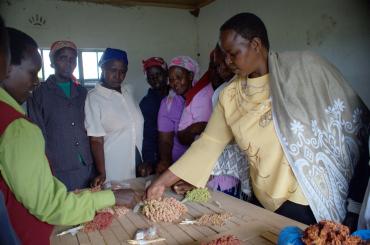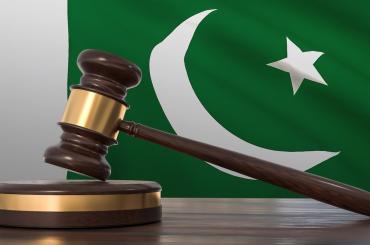
trust
-

The lasting impact of war on trust: Evidence from Sierra Leone
Sierra Leone's civil war not only left a legacy of lost lives and damaged infrastructure, but changed the way trust is formed, showing how early-life trauma can shape long-term economic decision making.
-

How conflict shaped social cohesion in Colombia
Conflict in Colombia, fueled by coca production, negatively impacted social cohesion, particularly in areas where militias dressed as civilians and where violence was intense
-

Policymaking, trust, and the demand for public services
After the public disclosure of alleged forced sterilisations during a family planning campaign, municipalities in Peru with more victims exhibited a steep decline in public health services and lower levels of trust in public institutions
-

How relative poverty influences responses to social protection programmes: Evidence from Pakistan
Feelings of relative poverty engender political support among cash transfer recipients, while such feelings erode political support among non-beneficiaries
-

The effects of food scarcity on trusting behaviour: Evidence from Tanzania
Food scarcity decreases trust among Tanzanian farmers, reducing the resilience of affected communities
-

The importance of trust in health systems during crises: Evidence from Sierra Leone
Increasing the social accountability of health systems improves health outcomes and increases resilience against health shocks
-

Citizens can effectively monitor the integrity of their elections: Evidence from Colombia
ICT-enabled monitoring tools effectively encourage citizens to oversee their elections and reduce fraud
-

Trust versus loss aversion: Why does loss framing work?
A healthcare-based study suggests using loss-framed incentives can lead recipients to perceive them as more trustworthy
-

Building trust in state institutions: Evidence from Pakistan
Providing information about reforms in local courts increases trust in state institutions and decreases use of non-state dispute resolution mechanisms